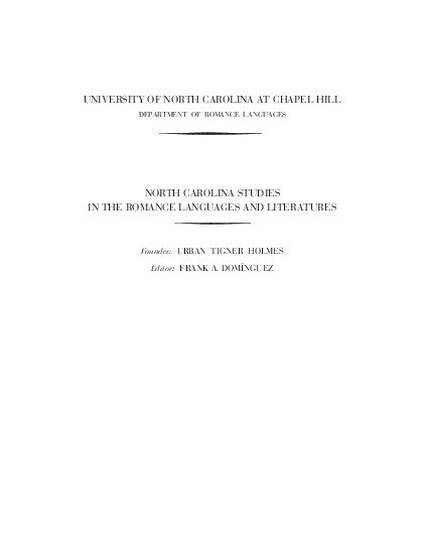
An often-quoted poem from Spain’s Golden Age, Hernando de Acuña’sSoneto al Rey nuestro Señoris emblematic of Spain’s enterprising and imperial spirit during the early modern period.¹ The sonnet depicts Charles I as holy shepherd of his Spanish congregation, anointed by God to extend the Christian faith beyond the boundaries of Iberia by divine will, diplomacy, or force.² Acuña envisions Charles I as master of the world, engineer of a seaborne and land based power, and a heroic representative of Spain’s uni- versal greatness: “Que a quien ha dado Cristo su estandarte, / dará el segundo más dichoso dia / en que, vencido el mar, vanza la tierra." A soldier in the service of Charles I in Italy, Germany and the Netherlands, Acuna also fount in the famed Battle of San Quintin (1557) under Philip II and believed the king and the monarchy was the pivot upon which Spain's empire was to be assembled. The poet was a true believer in the empire; nothing was beyond the reach of Spain, and he was right to trace the emergence of Spain's world-wide empire to the sixteenth century and the beginning of Charles I's rule.
Available at: http://works.bepress.com/chad_gasta/20/

This book is published as Gasta, C.M.Imperial Stagings: Empire and Ideology in Transatlantic Theater of Early Modern Spain and the New World. The University of North Carolina Press. 2013. Posted with permission.